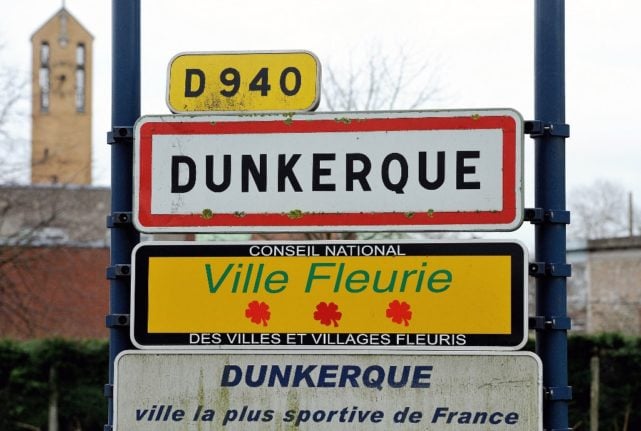Prime minister Jean Castex on Tuesday said there should be ‘additional braking measures’ put in place in Dunkerque, echoing calls from city mayor Patrice Vergriete for ‘urgent’ action from the government.
The mayor said: “I am asking for an urgent meeting with the Prime Minister to review the health situation in our area. Dunkerque deserves today all the attention of the State, as well as the conurbation of Nice and the Alpes-Maritimes département.”
#Dunkerque : Vergriete, un «plan de la dernière chance avant le confinement» ➡️ https://t.co/UhiPpidE0f pic.twitter.com/UAwhSZzzFQ
— VDN Dunkerque (@VDNDunkerque) February 23, 2021
Health minister Olivier Véran is expected to visit the coastal town on Wednesday, while local representatives have been involved in discussions with the Prime Minister on Tuesday about what extra measures could be proposed.
Cases in the town are extremely high – 900 cases per 100,000 people, almost five times the national average and higher than the rate in Nice, which is now subject to a package of extra measures including a weekend lockdown.
The cases seems to be concentrated in the town, as the incidence rate of the département of Nord is 294 per 100,000, and the town is also showing very high rates of the UK variant of the Covid virus, up to 70 percent of cases are the new variant first discovered in the UK.
Hospital intensive care units in the region are running at 80 percent capacity for Covid patients, well above the national average of 67 percent.
The imposition of the weekend lockdown in Nice and the Riviera marked a change in France’s strategy, which has been largely on a national level since localised restrictions were tried briefly over the summer.
Overall cases in France continue at a ‘high plateau’ of around 20,000 new cases a day, but this masks large regional variations in both case numbers and rates of new variants of the virus.
READ ALSO MAP Which départements are France’s Covid variant hotspots?
The government describes the situation as ‘fragile’ while for the moment another national lockdown has been decided against.



 Please whitelist us to continue reading.
Please whitelist us to continue reading.
Member comments